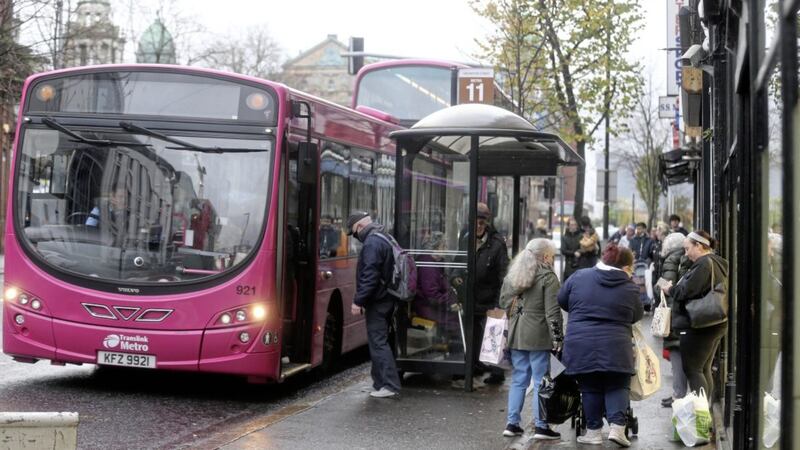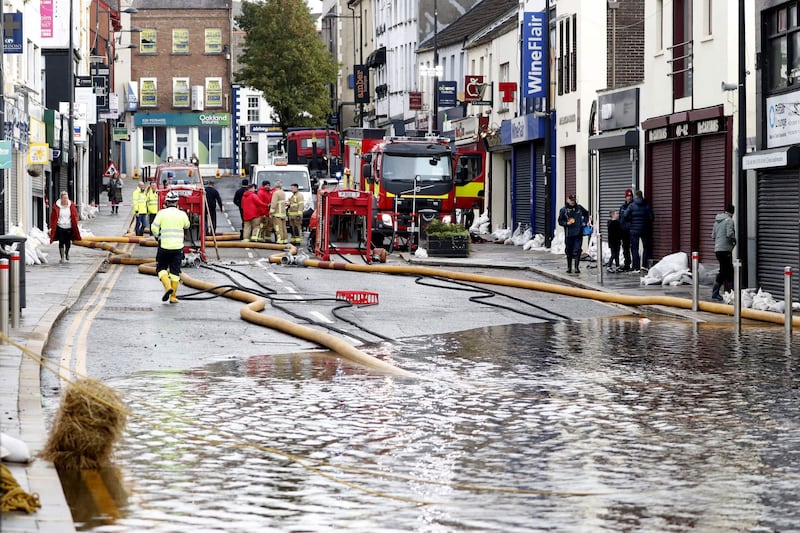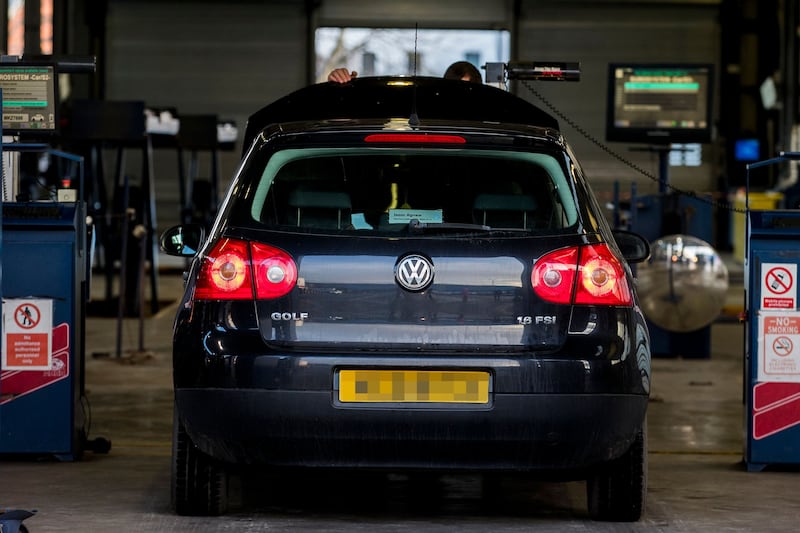A protest will be staged in Belfast this Saturday over proposals that could significantly increase the minimum age for free public transport.
At present, a SmartPass offering free bus and rail travel is currently available for people aged 60-64.
With people living longer and the cost of tickets increasing, the Department for Infrastructure is now asking the public if they would support increasing the age to 65 or the state retirement age which will soon rise to 67.
The proposed changes also have implications for disabled people using public transport.
The age for free travel is still 60 in Scotland and Wales, but is already 66 in England and in the Republic.
On Saturday, the ‘Defend Free Travel Passes Campaign’ will protest outside Belfast City Hall at 1pm, stating it would cut a lifeline for senior citizens and others at risk of social isolation.
The group has also called it “particularly cruel” during a cost-of-living crisis as well as a “retrograde step” in terms of the environment.
Read more
- Free travel a 'lifeline' for older people, Commissioner warns as consultation on raising eligibility age launched
- New bridge opens linking Europa bus station to M1 and Broadway Roundabout
It follows another protest in Belfast on Wednesday carried out by members of the Unison trade union.
Commenting on the proposed changes, UNISON Regional Secretary, Patricia McKeown, said: "The Department for Infrastructure’s options for reducing the cost of the Concessionary Fares Scheme will harm some of the most vulnerable people in our society, including older people and people living with disabilities.
The SmartPass is a lifeline for so many. It allows people to play an active role in their local communities - to see and care for friends and family, attend medical appointments, volunteer, work and shop in our town and city centres. "
She said that without a SmartPass, many would have to make "difficult sacrifices" to afford public transport while others would simply not make their journey at all.
Other options set out in the department’s consultation suggest changing the time free passes can be used, such as after 9.30am to free up space in crowded rush hour periods.
The consultation said this could affect those over 60 who still work and those with early doctor or hospital appointments.
It could also mean disabled people who work may not be able to use their SmartPass before 9.30am.
Another question was if a free SmartPass should be restricted to buses only with concessions on trains.
The department said this could be problematic as some disabled people find using trains easier than cars and it could force people to use their cars more.
In Northern Ireland, disabled people currently pay a half fare for buses and trains but the department has suggested bringing it into line with the rest of the UK and the Republic where it is free.
For those people that travel with disabled people to assist them, there is no concession on fare prices.
This is free in Scotland and Wales and in some parts of England.
The Department for Infrastructure has launched a consultation which threatens to cut free travel for over-60s.
— Defend Free Travel Passes (@DFT_Belfast) August 2, 2023
We'll be mobilising to oppose these cuts and to take a stand for free public travel.
Join the demonstration against the cuts and take a stand for public transport. pic.twitter.com/5FptM283mT
The department has suggested allowing someone to travel for free on a SmartPass used by a disabled person unable to travel alone.
It is also suggested that a broader range of people with disabilities should get a free SmartPass.
In other categories, it is proposed allowing free travel for refugees who have escaped war or violence in their own country and those forced to come to Northern Ireland to be a slave or sex worker.
Earlier in the summer, a department spokesperson said: "Our priority is to ensure that (public transport) is affordable and at the same time, targeted at those who need it most.”
The consultation can be viewed at this location and closes at 5pm on August 24.








